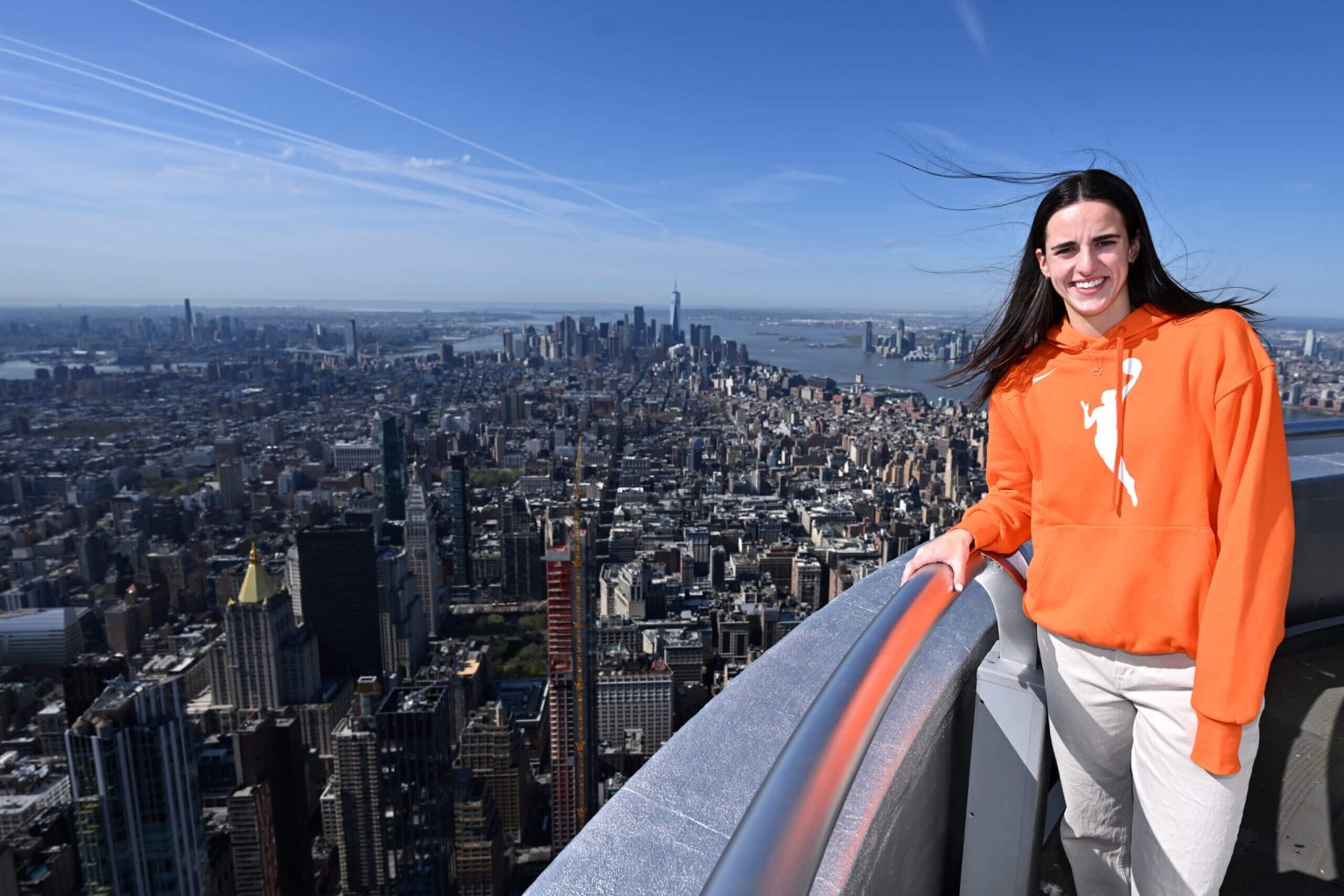Caitlin Clark, a former Iowa star and the number one overall draft pick for the Indiana Fever in the WNBA, has become a highly sought-after brand ambassador by corporations. Her popularity extends beyond her basketball skills, as she has drawn large crowds and set records both on and off the court. Her endorsement deals range from home and auto insurance to performance drinks, reflecting her wide appeal among fans. Clark’s $28 million Nike deal, including her own signature shoe line, is just one example of the lucrative opportunities she has garnered.
While Clark’s success is primarily attributed to her basketball prowess, her appeal as an influencer also stems from other factors. As a White woman dominating a sport predominantly viewed as Black, and entering a league with a significant LGBTQ+ player population, she represents a unique figure in the sports world. Her Midwestern roots further add to her marketability, appealing to audiences with differing beliefs and values. This multifaceted identity contributes to her widespread popularity and endorsement opportunities.
The discussion of brand ambassadors in sports reveals underlying societal dynamics, particularly around race and sexual orientation. Comparisons with other players, such as Sue Bird and Paige Bueckers, highlight the disparities in coverage and recognition based on demographics. Clark’s success as a brand ambassador cannot be separated from these larger societal issues, as her identity as a straight, White player in a diverse league contributes to her marketability. These conversations challenge perceptions of representation and inclusivity in sports marketing.
The evolution of the WNBA reflects broader societal changes in attitudes towards sexual orientation and identity. In its early years, the league struggled to balance inclusivity and broader community acceptance, often featuring married players in promotional materials despite a large LGBTQ+ player population. Sue Wicks, the league’s first openly gay active player, has spoken about feeling constrained by messaging that minimized LGBTQ+ representation. Today, the WNBA is recognized as the most inclusive league in professional sports, though challenges persist in wider society.
The complex interplay between sports, society, and marketing underscores the importance of considering multiple factors in evaluating brand ambassadorship. Clark’s appeal goes beyond her basketball skills, encompassing her identity as a straight, White player in a diverse league. While her endorsements reflect her on-court success, they also reflect societal attitudes towards race, sexuality, and representation. As brand ambassadorship continues to evolve, it is essential to engage in conversations that address these nuanced layers of influence and marketability in sports.


